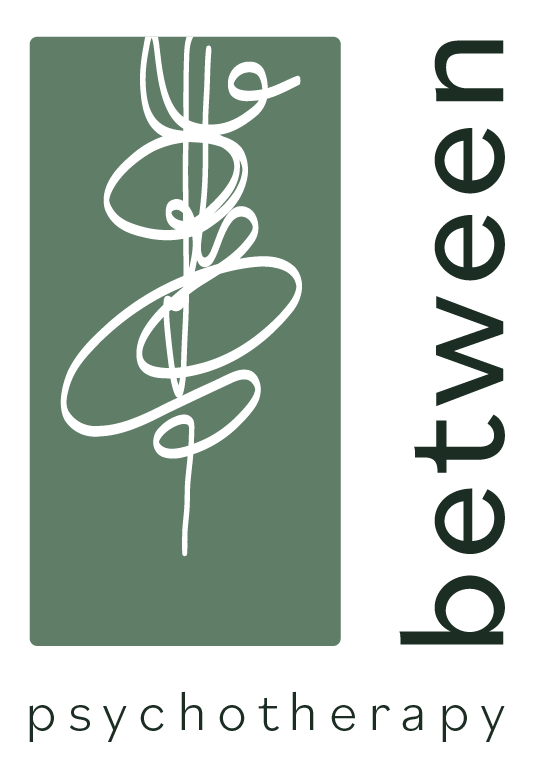What Long COVID Has Taught Me About Strength And Weakness
For the first time in my life, I have felt extreme dependence, profound grief, and regular hopelessness.
And also. I’m the best therapist, wife, and mother I have ever been.
What is weakness? What is strength?
These questions are common in the therapy room, even if not asked directly. My clients frequently tell me they don’t want to be weak, or don’t want to be viewed as weak by their partner or other loved ones. But inevitably, moving toward what they view as weakness is the very thing that saves their relationship and changes their lives.
I’ve wrestled with these questions myself. Most, if not all of us, want to be viewed as competent, capable, and strong. Like it or not, it’s the American way. We hide behind what we believe are the best parts of ourselves. We say yes to things that require more energy than we have, we struggle to ask for help, and we ignore or try to push down our vulnerabilities. We pretend that we don’t have so much fear, so much insecurity, and so much shame that at times it controls our lives, despite our best efforts.
I have long-covid.
In case you haven’t heard that term, it means that I was infected with COVID, didn’t die, but never got better. Since April of 2020, I’ve struggled with extreme fatigue, dizziness, lung pain, heart palpitations, vertigo, brain fog, and more. Currently there is no cure.
Prior to getting sick, I considered myself very capable. I balanced two jobs, three young kids, and spent 60-90 minutes a day working out (running or cross-training). I cooked balanced meals every night from scratch, and pursued my children’s spiritual, emotional, and physical health. I volunteered at my kid’s school, and was always working on my marriage either through therapy or just intentionality. I have always been very committed to my work, putting in long hours, lots of emotional labor, constantly reading, and always learning and growing. I was that friend you could always count on to be there for you.
Now, even while physically healthy, I was aware of my weaknesses, regularly went to therapy, and worked hard to be vulnerable with those I love. But all of that takes on new meaning when just functioning requires multiple medications, rest throughout the day, and lots of support. When you have brain fog so severe you can’t even help your children with their homework. When reading becomes nearly impossible, and a good day of exercise means a slow, mile-long walk (followed by fatigue and dizziness).
For the past 18 months, my husband has almost completely taken over the running of our household, the cooking and cleaning, and our kid’s care (while during a pandemic with no school). I have watched him do that as I sat on the couch, too tired to move or think. I have not been there for my friends, but I have been almost embarrassingly dependent on their support. My kids don’t trust my brain, and second guess most things I do. I’ve lost friendships, and felt dropped by people I thought would always be there for me.
For the first time in my life, I have felt extreme dependence, profound grief, and regular hopelessness. The sadness is always present, and depression is usually tugging on my sleeve. I live in constant fear of another infection.
And also. I’m the best therapist, wife, and mother I have ever been.
Turns out, deep suffering makes you significantly more empathic. Feeling connected to difficult emotion makes you more present and vulnerable with everyone in your life. Turns out, the people I love really value my dependence on them, and find joy in supporting me during this journey. My sadness makes me slow down, and look everyone in the eyes a little longer. None of this has undone the struggle of the last year and a half, but I cannot ignore the beauty of this terrible, terrible time.
So am I stronger, or am I weaker than I was 18 months ago? And which one of those do I actually want to be?
I’m not sure, but I have learned that you cannot have strength without weakness, relationship without dependence is shallow, and true empathy comes at a price.
Written by Elizabeth Gillespie, MAC, MEd, LMFT.

